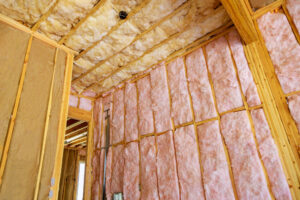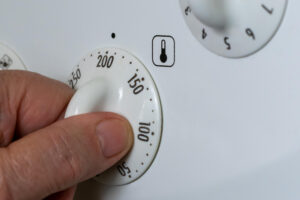Buying an energy smart house? Here’s what you need to know
Last updated on March 10th, 2024 at 03:28 pm
Right now, it’s a real buyer’s market out there. Interest rates are very low (if you can get approved) and real estate prices are plummeting. New home construction and remodeling have stopped. And the economy is still trying to shake off the cold, so to speak.
So, ideally, if you are looking for a new home right now you should be looking for features that will save you money on your energy bills. You can’t afford to have high energy bills.
When you look through a house, keep energy efficient thoughts in the front of your mind.
- Ask about the age of the windows. The older the house, the worse condition the windows are generally in. Older homes’ windows may look quaint, but are nowhere near as efficient at insulating than newer windows are.
- Ask about the HVAC system. (That’s heating, ventilation, and air conditioning). Check the age and efficiency of the furnace, usually this information is located on the energy guide sticker on the unit.
- Likewise, if the home has central air, ask about that unit as well. It’s winter now, but in the summer believe me, this will be in the front of your mind.
- Does the house feel warm? If it does, check the thermostat. There’s a reason for this. Realtors recommend people turn up the heat in the winter to make the house feel comfortable. This can sometimes mask poor insulation. If the heat is turned up too high, someone is trying to cover up a problem.
- This is harder to detect in the summer, since no one will want to turn the A/C on too high. In this instance, its best to “feel” the walls to see if they are exceedingly warm.
- Or, of course, you could also just cut to the chase and ask about insulation!
- Check insulation values in attics or basements – anywhere that drywall may be missing
- Ask how energy bills have been over the last year, on average, of the realtor or the owner. Motivated sellers will probably provide you with this information readily if they want to sell their home.
- Be aware that in older homes, especially the ones where appliances are included in the price, appliances are old, inefficient and will undoubtedly need to be replaced. Make sure you factor this in.
- Check the doors that lead outside and test for insulation gaps. If you can feel cold air around the edges, there is a problem.
- If the home has a fireplace, check to see if it has been properly maintained. One of the biggest problems with fireplaces is the damper. If the damper is broken, not only is the fireplace unusable, it is also dangerous and leaking energy like you wouldn’t believe.


